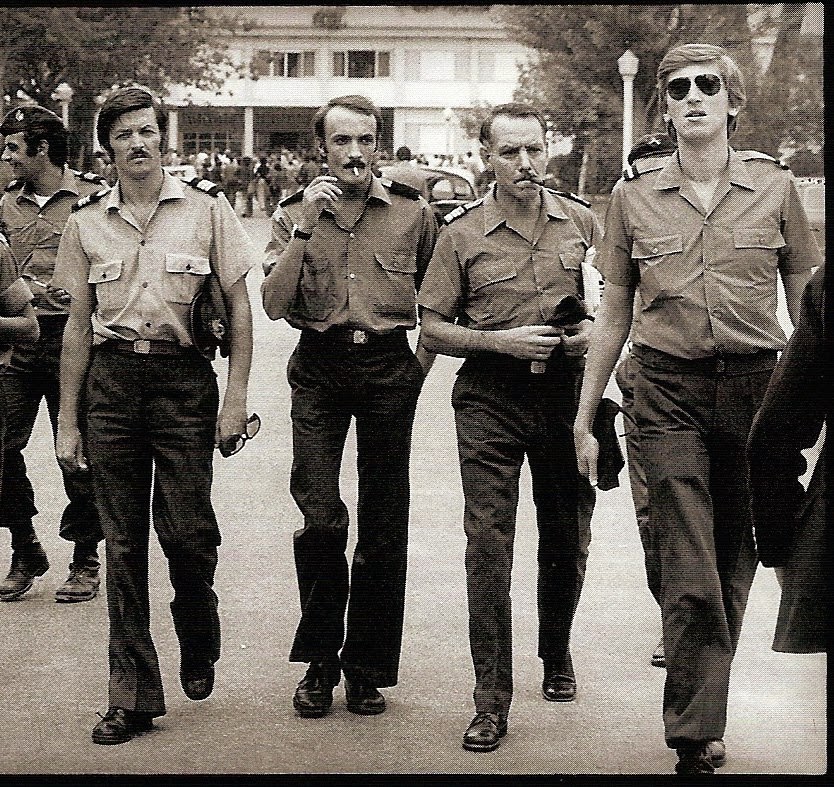 João Varela Gomes (1924 - 2018) died peacefully on Monday 26 February at the grand old age of 93, writes Peter Booker.
João Varela Gomes (1924 - 2018) died peacefully on Monday 26 February at the grand old age of 93, writes Peter Booker.Although Varela Gomes (JVG) is eulogised for his contribution to the fight against the Salazar dictatorship, the editors of Portugueses Célebres in the series Portugal Século XX did not find space for him among the 2,350 entries.
For decades, JVG was outstanding in the struggle against Salazar´s right-wing regime. He actively supported the candidature of Humberto Delgado for the Presidency of the Republic in 1958 and he was also involved in the Cathedral Conspiracy in 1959. Incredibly, the army allowed him to stand for election to the National Assembly, and he became notorious for his rhetoric and incitement of his audience to stand up against the regime.
The year 1961 was annus horribilis for the Salazar government: the Santa Maria cruise ship was captured by Henrique Galvão in an act of high seas piracy; Goa, Daman and Diu were invaded by India, and lost to Portugal; soldiers of the armed forces of Dahomey occupied the fortress of São João Baptista da Ajuda; the armed forces minister, Botelho Moniz, was apprehended on the cusp of a coup. The dismal colonial war in Angola also began with the murder of many whites in the north of the colony.
After the revolt at Beja on the night of December 31, 1961 he was imprisoned for two years at Aljube and the Penitenciária and cashiered from the army; his wife, Maria Eugénia, was held at Caxias. In this insurrection, Undersecretary of State for Defence Jaime da Fonseca had been killed, and he and a number of others seriously wounded on the morning of New Year´s Day, and JVG consequently lost a kidney and his spleen. He needed special medical care for the rest of his long life, but never lost his determination and tenacity.
The Plenary tribune of Boa Hora sat for the trial of the 86 defendants, although only 78 of the defendants were present in court.. Each of the defendants was named as ex-officer in the army. Humberto Delgado was also named, but he had never been apprehended. JVG maintained in court that others should follow and do what he and his co-conspirators had done, and he spoke disrespectfully of Salazar, all of which was unusual and quite extraordinary. He served three years in solitary confinement in the Aljube, and three years at Peniche. Maria Eugénia, his wife, was condemned to 18 months in prison, which she had served already. At Peniche, he was greeted with admiration and respect by other prisoners, the majority of whom were members of the PCP (the Communist Party of Portugal).
JVG was released in 1968, and he and Maria Eugénia continued their struggle against the regime. He was not permitted to take part in any political activity, but she was a force in the Frente Patriótica de Libertação Nacional, and the Comissão Nacional de Socorro dos Presos Políticos. Their children were targeted by the PIDE, and in 1973 she and her youngest daughter were brutally beaten by the riot police as they were entering a meeting of the parties of the opposition.
After the revolution of 1974, JVG was reinstated in the army with the rank of Colonel, and as the Revolution progressed, he became more and more influential on the hard left of the MFA (the Armed Forces Movement). He was put in charge of the breaking up of the PIDE - DGS, and the effort he applied to the rapid and complete dismantling of the secret police ran counter to the wishes of the Junta de Salvação Nacional, who wanted a secret police of their own. He was on the point of being imprisoned again, but this time by the JSN.

Instead, he was transferred as Head of the 5th Division of the army, whose diverse objectives included cultural expansion and the fight against illiteracy. He made of this work a continued struggle for revolution, a struggle for a better future for those underprivileged members of society, against the fascists and philo-fascists.
After the counter-revolutionary putsch on 25 November 1975, (the putsch headed by Colonel Ramalho Eanes, later President of the Republic) he was warned of his imminent arrest, and fled into exile to Angola and Mozambique together with Maria Eugénia. He was allowed to return to Portugal in 1979, but had to wait for a significant period before he was permitted to rejoin the army. In the meantime he was involuntarily transferred to the milicianos, the volunteer reserve. Only in 1982 was he reinstated in the army, but as a retired Colonel.
In 2012 he received homage as one of those who had attempted the coup at Beja. JVG chose the course of courage and dignity, yesterday against fascism and today against indifference and the scepticism in which people hold politics and politicians. He termed our present system philo-fascist. Independent, he continued his solitary and quixotic struggle through angry and provocative writing, trying to puncture the cordon sanitaire around the politically correct, the passive acceptance of the status quo.
2018 ©Peter Booker, President of the Algarve History Association.



João Varela Gomes - 2nd from right






















